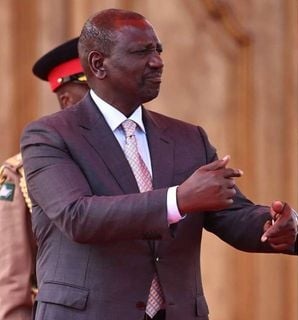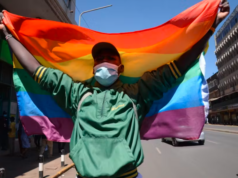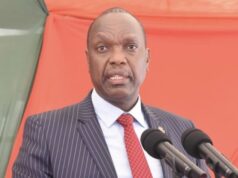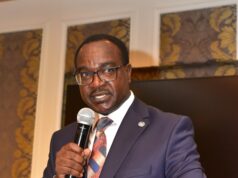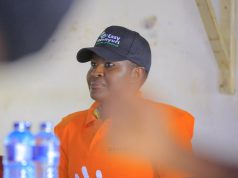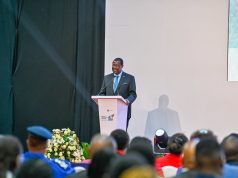This was a first.
Perhaps a turning point in Kenya’s civic engagement.
The willingness of Kenya’s President William Ruto to engage in a live audio discussion on X Spaces was keenly anticipated, coming just 10 days after deadly anti-government protests.
The beginning, however, was cringeworthy.
Participants struggled to connect. And there were three or four false starts.
Finally, after a shaky first hour, someone who it was thought would be chairing a parallel conversation on X as a rival to the president’s efforts, hosted Mr Ruto’s interaction, which meant he had the power to decide who was allowed to speak.
This was an X user who went by the name of Osama Otero. He has been one of a handful of social media users who have emerged as key voices in the successful campaign to block a finance bill that was set to raise a series of taxes.
“Traitor” his compatriots posted on X, getting the word to trend. There was no doubt this was the result of some sort of effort to get those involved in the protests to take part.
The questions were direct and raw.
Speakers challenged the president about his and his government’s record and conduct.
As host, Mr Otero set the tone.
“Are we in a terrorist country?” he asked, referring to the brutal police response to the protests that left dozens dead.
He questioned the government’s official casualty numbers, insisting that possibly hundreds had died in the demonstrations. President Ruto challenged the speaker to produce the families of those alleged to have been killed and their bodies hidden.
“Do we really matter as people who elected you?” said Miller, a cameraman who said he had witnessed a protester being shot dead outside parliament. With the anger obvious in his voice he said: “I’m really pissed off. Guys, go back and reflect.”
An unabashed Marvin Mabonga, an unemployed university graduate, told the president: “In your cabinet, we have so many incompetent cabinet secretaries.”
Returning to the theme of those who died last week, the host asked if the president had “tried to reach out to any of the families of those who were killed or injured”.
The president replied that he had contacted the mother of a 12-year-old who was shot dead during the protests just outside Nairobi.
The social media platforms have changed the conversation in Kenya.
And it is historic in the way that it has brought citizens up close with the authorities and given them a largely unfiltered forum to ask hard questions.
Never before has a president exposed themselves to this and responded to members of the public in real time.
Former President Uhuru Kenyatta deactivated his account on X following incessant comments from what is known as “Kenya’s online army”.
Yes, the online activism is not new. KOT – Kenyans on Twitter, now X – have forced corporations in the past to issue apologies.
But this is a step up.
The X Space provided a platform for live, one-on-one engagement with the country’s leader, and enabled members of the public to speak truth to power.
The recent protests have led to hundreds of thousands of people discussing the country’s laws and taxes and demand accountability.
Sometimes, these have become platforms for venting frustrations, but it has left the public discourse all the richer.
Mr Ruto’s X Space peaked at 163,000 participants.
Placed in the context of the country’s population of over 56 million, it may appear small but social media conversations are amplified once they hit the street.
It is not a surprise though that Ruto would take part in a debate that was always going to have angry and forthright takes on tough issues.
In his political career, he has not shied away from addressing challenging questions and situations.
He is considered a more accessible president by the media than his predecessors.
Taking part in an X Space sets a strong precedent for the office and his successors.

